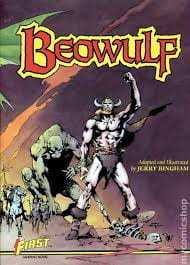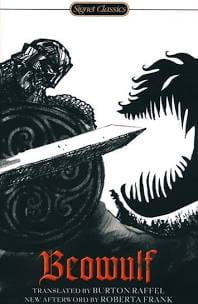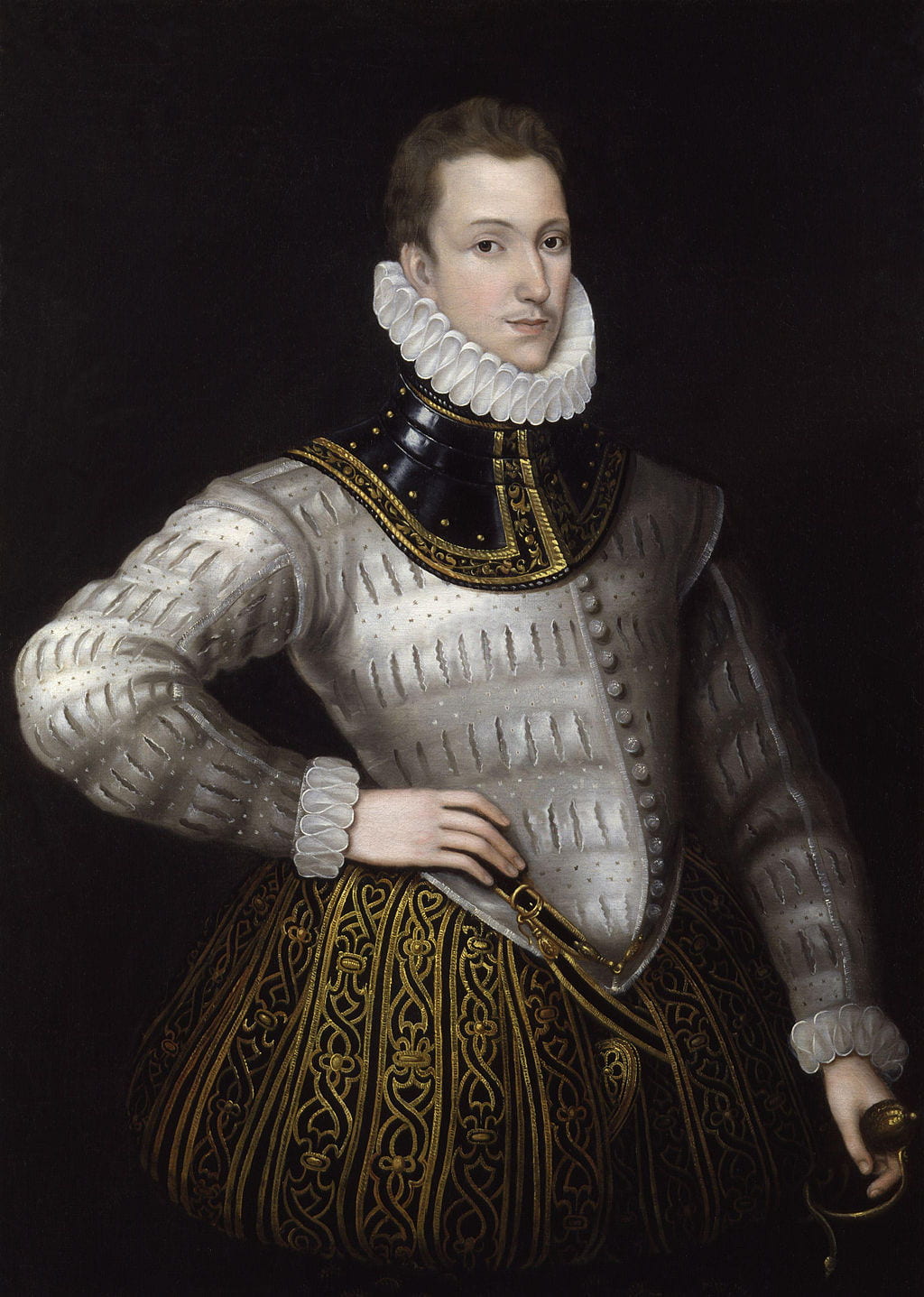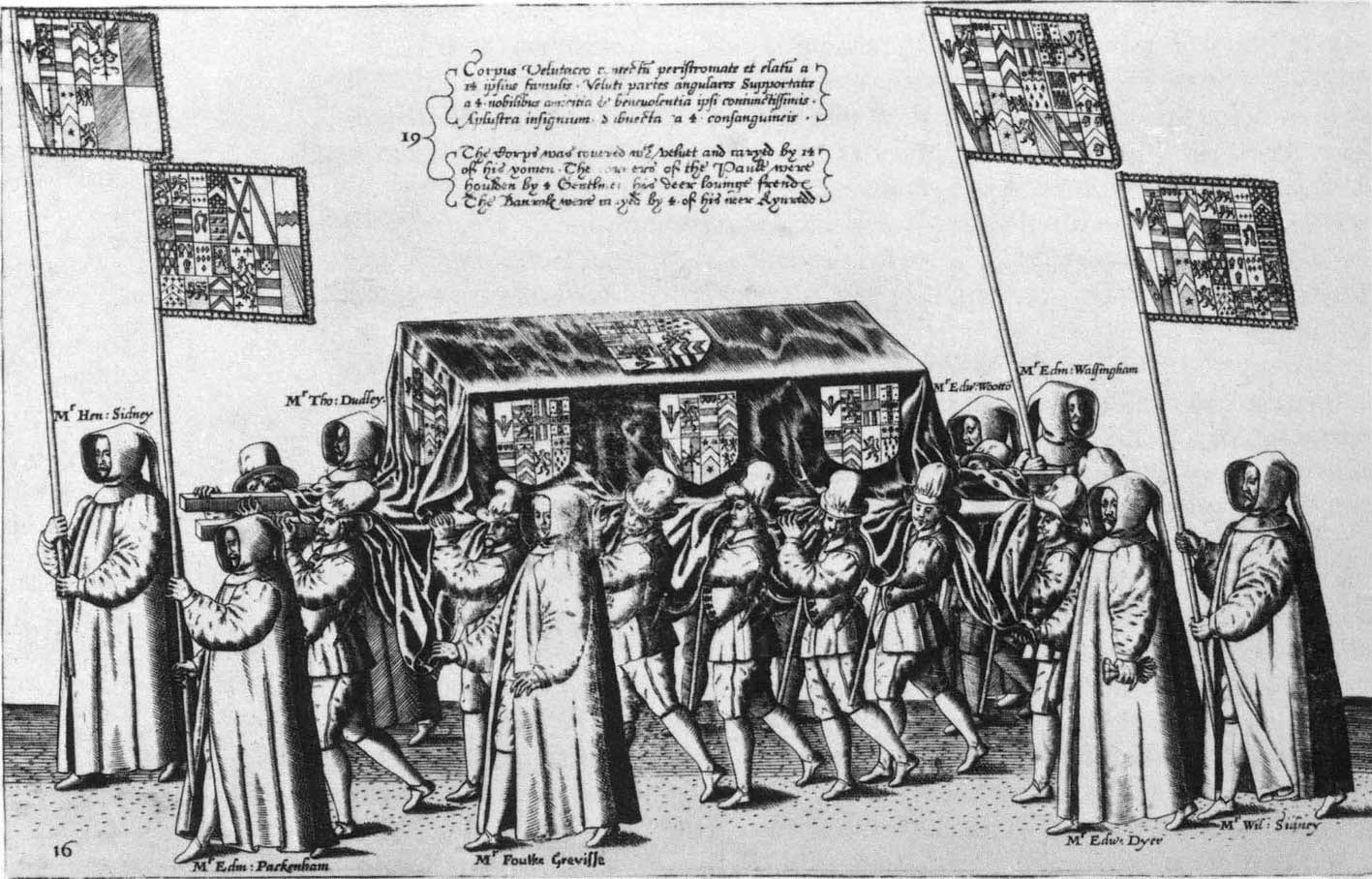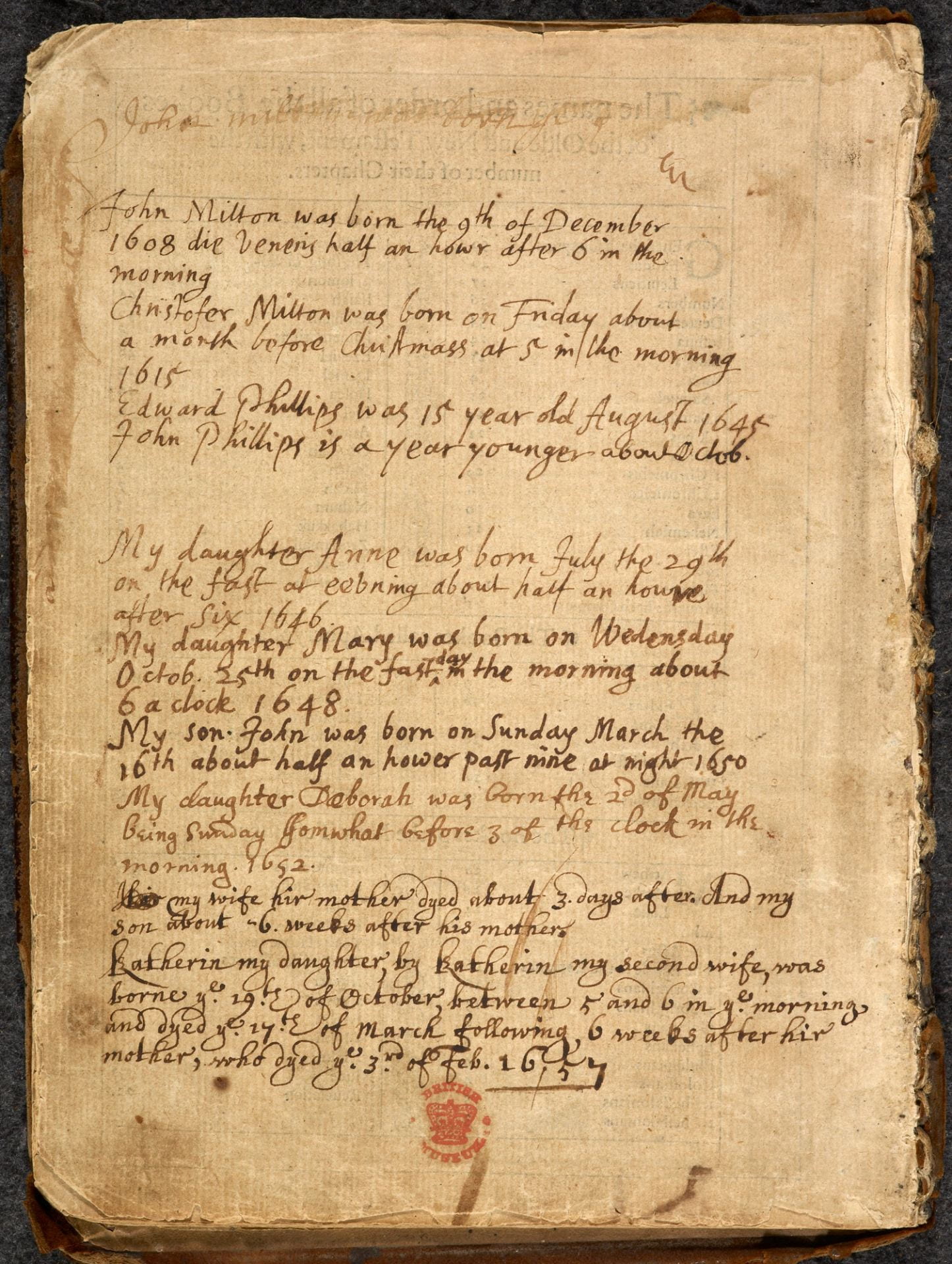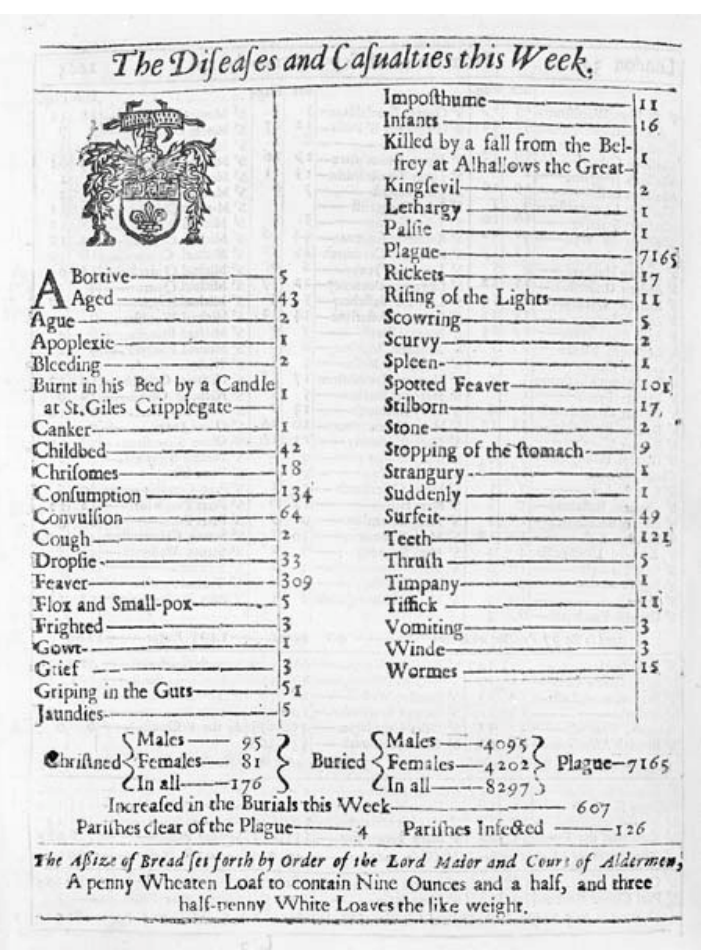Here is our fall 2024 syllabus

J.R.R. Tolkien, “Beowulf: The Monsters and the Critics”
“[Beowulf] is not an ‘epic‘, nor even a magnified ‘lay‘. No terms borrowed from Greek or other literatures exactly fit: there is no reason why they should. Though if we must have a term, we should choose rather ‘elegy‘. It is an heroic-elegiac poem; and in a sense all its first 3,136 lines are the prelude to a dirge.”
World Fantasy Awards, 2019 (Beowulf)

Beowulf Covers (visual rhetoric):
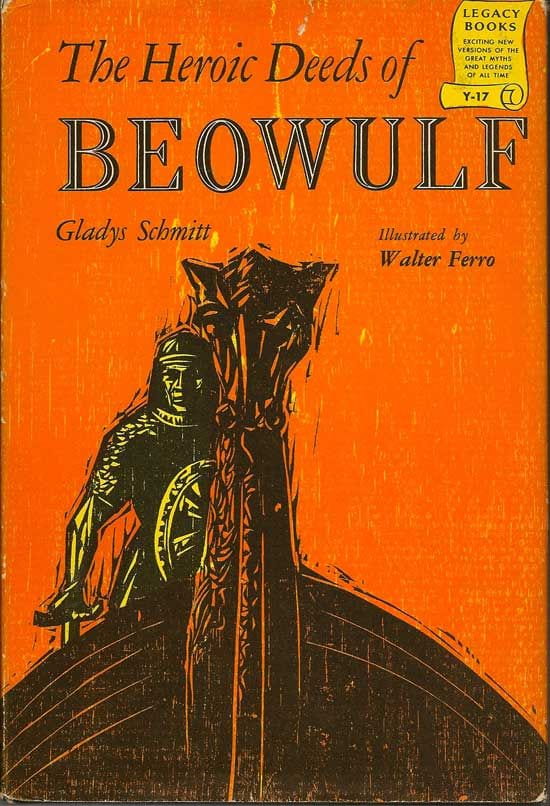
“Literary theory” or “literary criticism” can be understood as the way that one’s interpretation of a text occurs within a framework of intellectual assumptions.
“Theory,” from the Greek “theoria”: indicates a view or perspective of the Greek stage. Note that means that each literary theory gives a partial view of the text. Many literary critics defend their approach as the most significant or the most revelatory, but in fact a variety of insightful, careful critical approaches does justice to a work of literary art.
FEMINISM: challenges male assumptions and analyzes literature from the perspective of women, whose perspectives and even human rights have been traditionally suppressed
CRITICAL RACE THEORY: examines literature in light of categorizations of race, law, and power
DISABILITY THEORY: (Emory) involves scrutinizing not bodily or mental impairments but the social norms that define particular attributes as impairments, as well as the social conditions that concentrate stigmatized attributes in particular populations
ECO-CRITICISM: explores the treatment and descriptions of the natural world within literature
FORMALISM: ignores the context, culture, authorship, and other “outside” factors and focuses on the language, modes, and “forms” of the text.
MARXISM/CULTURAL MATERIALISM: what are the roles of class conflict, wealth, and power in the text?
POSTCOLONIALISM: the role of exploitation within texts
PSYCHOANALYTICAL: the role of the characters’ and readers’ conscious and unconscious responses
QUEER THEORY: criticizes the roles of gender identity in the text
MASCULINITIES: interdisciplinary field of study broadly concerned with the social construction of what it means to “be a man.” Masculinities scholars study the social role and meanings of masculinities.

Punishment for Fake Pilgrims: Punishment of the Pillory and Whetstone, for pretending to be a Hermit
ON the 20th day of July, in the 13th year etc., William Blakeney, shetilmaker [shuttlemaker], who pretended to be a hermit, was brought unto the Guildhall, before Robert Chichele, Mayor, the Aldermen, and Sheriffs, for that, whereas he was able to work for his food and raiment, he, the same William, went about there, barefooted and with long hair, under the guise of sanctity, and pretended to be an hermit, saying that he was such, and that he had made pilgrimage to Jerusalem, Rome, Venice, and the city of Seville, in Spain; and under colour of such falsehood he had and received many good things from divers persons, to the defrauding, and in manifest deceit, of all the people.
And he was asked how he would acquit himself thereof. Whereupon, he acknowledged that for the last six years he had lived by such lies, falsities, and deceits, so invented by him, to the defrauding of the people, under the colour of such feigned sanctity, and that he never was in the parts aforesaid; which was also found out by the Court. And therefore etc. it was adjudged that the said William should be put upon the pillory for three market-days, there to remain for one hour each day, the reason for the same being there proclaimed; and he was to have, in the meantime, whetstone hung from his neck. And precept was given to the Sheriffs to do execution thereof.
From Memorials of London and London life, in the XIIIth, XIVth, and XVth centuries. Being a series of extracts, local, social, and political, from the early archives of the City of London, A.D. 1276-1419. Selected, tr., and ed. by Henry Thomas Riley … London, Longmans, Green and Co., 1868 [Hilles: 942.1 2].

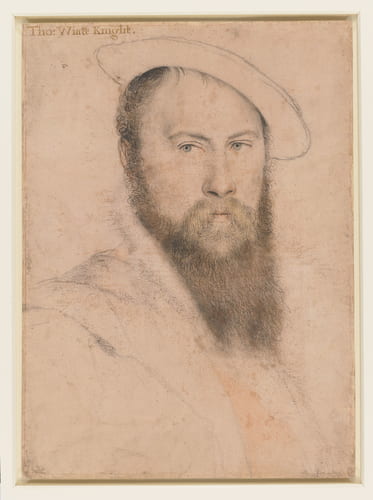
Wyatt’s “They Flee From Me” Egerton MS







Elizabeth’s gift to her father, age 12
trilingual translation of her step-mother Katherine Parr’s published Prayer and Meditations from English into Latin, French and Italian (Elizabeth’s translation of Katherine Parr’s Prayers and Meditations, 1545: Royal MS 7 D X, ff. 5v–6r):







Leah Marcus, Unediting the Renaissance
“Mark this show”: Magic and Theater in Marlowe’s Doctor Faustus
Love and Service in Twelfth Night


